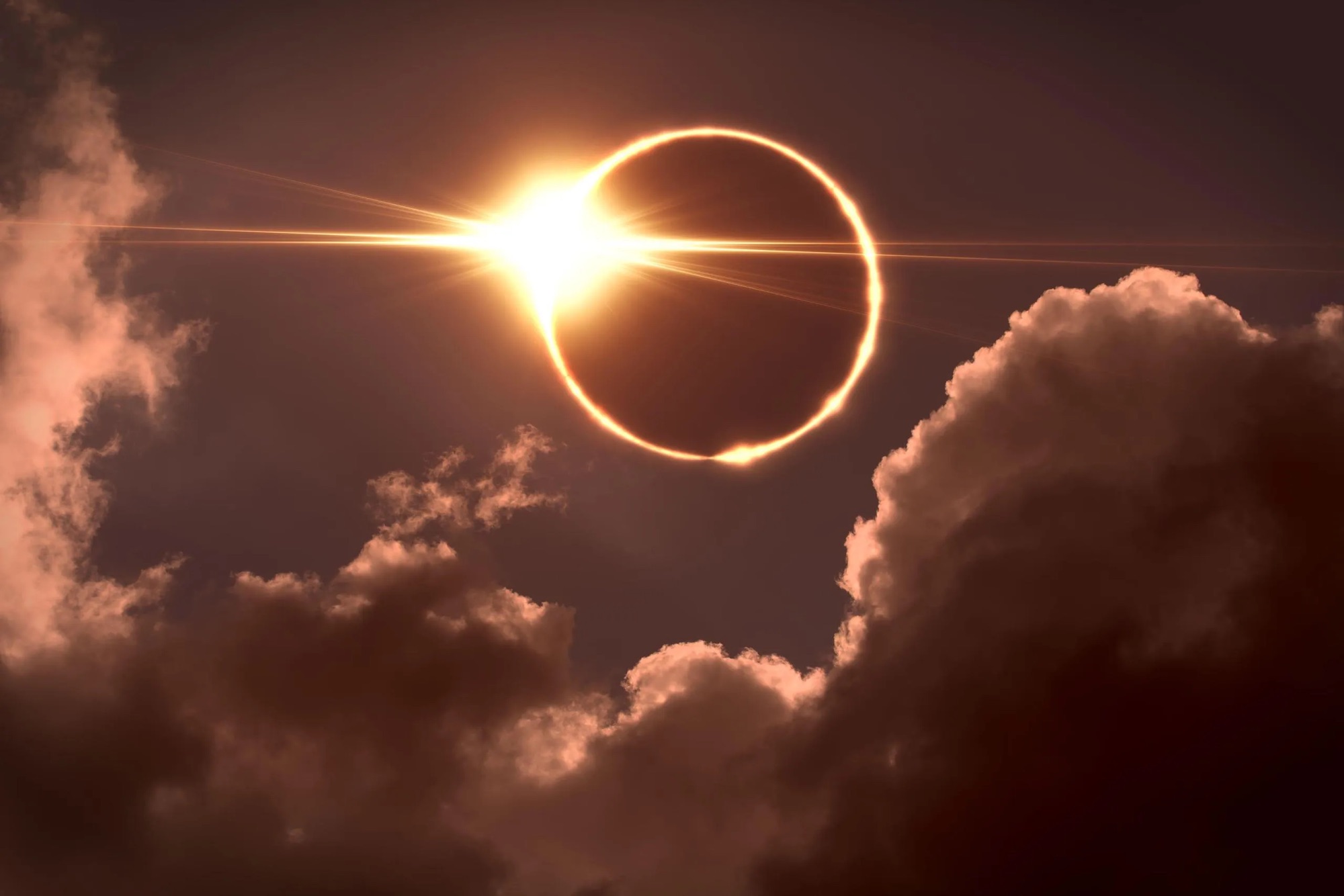In April 2024, a total solar eclipse fascinated observers across North America. However, those in the UK eager to witness such an event will have to wait quite some time. The last total solar eclipse visible in the UK was in 1999, and the next one isn’t expected until September 23, 2090.
Before this distant date, UK residents can anticipate a partial solar eclipse on March 29, 2025, during which 30 to 40% of the Sun will be obscured. Additionally, a more significant event will occur on August 12, 2026, when a total solar eclipse will be visible from locations like the Arctic, eastern Greenland, Iceland, and northern Spain. In the UK, this will appear as a partial eclipse, with up to 90% of the Sun covered.
For those in the UK, these upcoming celestial events offer a fascinating glimpse into the cosmic movements of our solar system’s bodies.
Solar eclipses are captivating celestial events where the Moon positions itself between the Earth and the Sun, casting a shadow on Earth. The degree of the Sun’s coverage by the Moon varies, resulting in different types of solar eclipses:
- Total Solar Eclipse: This occurs when the Moon completely covers the Sun, as viewed from Earth. This can only happen when the Moon is at or near its perigee, the closest point in its orbit to Earth, making it appear large enough to entirely cover the Sun.
- Annular Solar Eclipse: This happens when the Moon is in front of the Sun but does not cover it completely because it is near or at its apogee, the farthest point from Earth in its orbit. This creates a bright ring, often called a “ring of fire,” around the Moon.
- Partial Solar Eclipse: This occurs when the Moon partially obscures the Sun, so only a portion of the Sun is blocked, creating a crescent shape of the visible Sun.
Each type of eclipse provides a unique viewing experience and depends on specific conditions of the Moon’s orbit and distance from Earth.
Total solar eclipses can vary in duration, with some being brief and others offering a more prolonged view. The period of totality can range from just 10 seconds to an impressive seven and a half minutes. NASA noted that the total solar eclipse observed in North America in April 2024 was relatively long, lasting up to four and a half minutes.
Looking ahead, an extraordinary event is expected on July 16, 2186, when Earth will witness its longest total solar eclipse in 12,000 years, approaching the maximum duration of seven and a half minutes.
Reflecting on the UK’s history with solar eclipses, the most recent total solar eclipse occurred on August 11, 1999, with Cornwall being the prime location for totality, which lasted just under two and a half minutes. Additionally, a significant partial solar eclipse darkened UK skies on March 20, 2015, with the Southeast of England experiencing 83% coverage of the Sun.
The UK’s next total solar eclipse is quite a way off, set for September 23, 2090. During this event, the phase of totality is expected to last just over three and a half minutes.
Regarding partial solar eclipses, the UK will see two in the near future:
- The first will occur on March 29, 2025, with about one-third of the Sun being obscured.
- A more significant partial eclipse is expected on August 12, 2026, with around 90% of the Sun’s surface covered, creating a more dramatic spectacle lasting over two minutes.
The forthcoming total solar eclipse that will grace the skies is set for 12th August 2026. However, the UK will not be situated along the path of totality for this event. Instead, the regions that will experience the full spectacle of totality include parts of Russia, Iceland, Greenland, and Spain.
For those interested in the historical and astronomical significance of eclipses, the Battle of Isandlwana is a notable event that coincided with an eclipse. Additionally, the Antikythera Mechanism, an ancient Greek device, is renowned for its ability to predict eclipses, showcasing the ingenuity of early astronomers.
